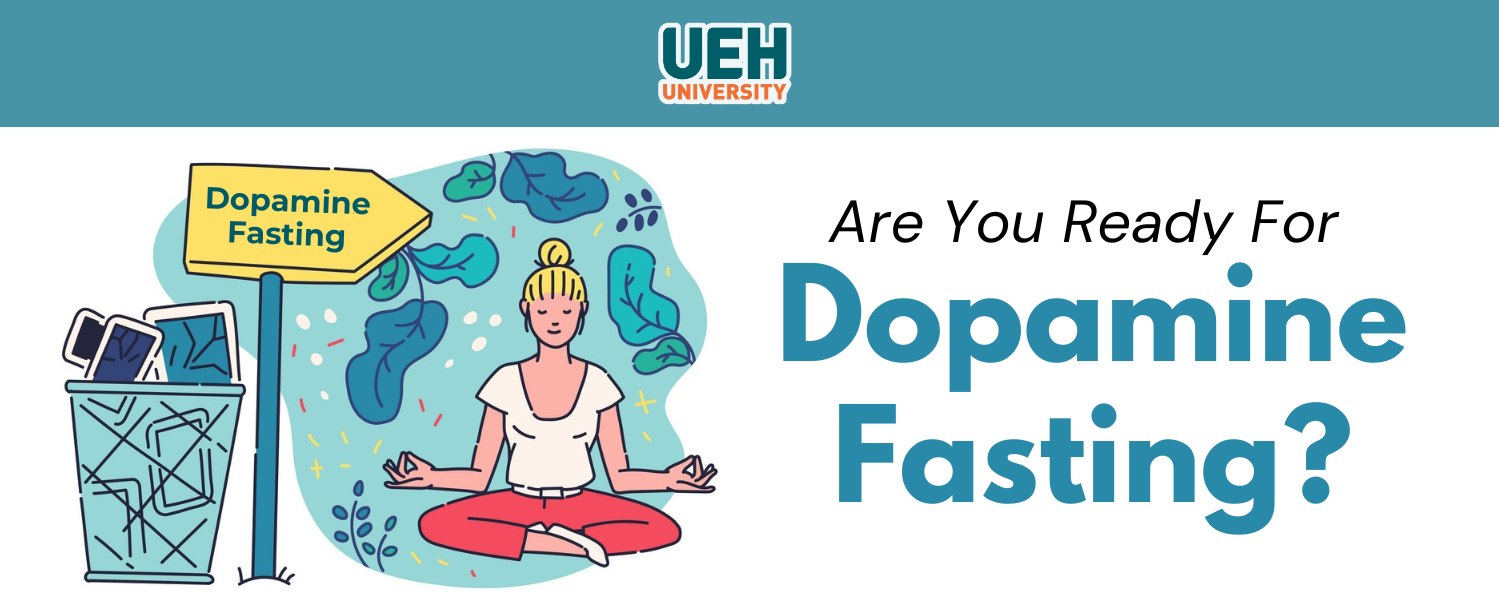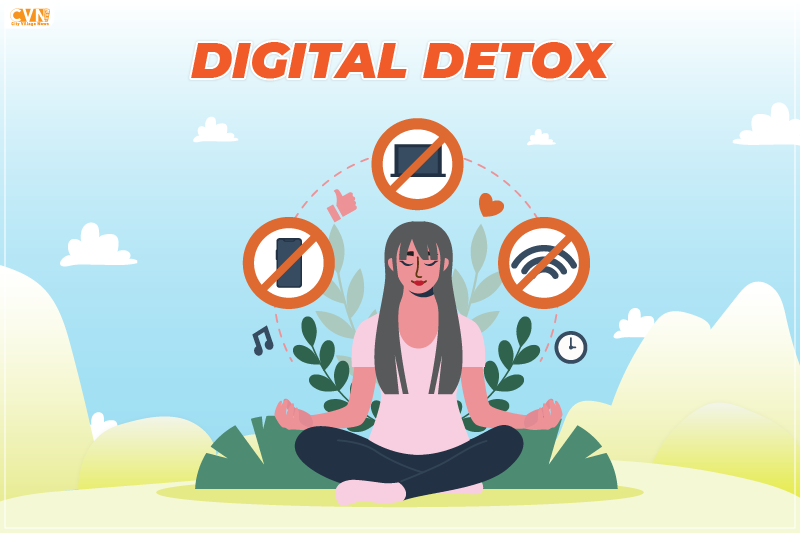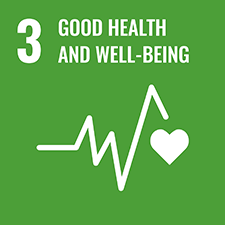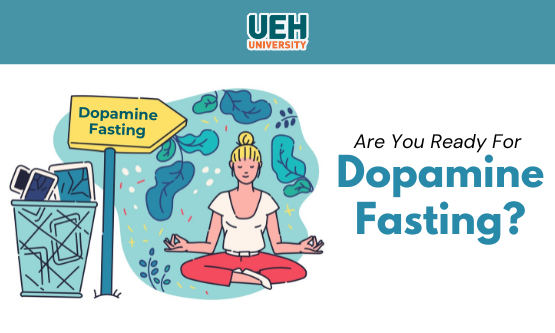
Are You Ready for Dopamine Fasting?
09 Oct, 2024
After spending over 180 minutes scrolling through TikTok, you put your phone down and feel an overwhelming sense of emptiness. The faster you scroll and the more you watch, the less satisfaction you derive. Activities that once brought you joy now seem insufficient. If you see yourself in this scenario, you may be experiencing “dopamine overload” – a dependence on the happiness hormone that drives you to repeat tasks and actions until you feel exhausted and completely disoriented.
The Dopamine Dose: Is More Always Better?
Dopamine, often referred to as the happiness hormone, is a neurotransmitter produced from tyrosine that plays a critical role in the brain and body. It is fundamentally tied to survival instincts, influencing daily behaviors and physical activities. Broadly speaking, dopamine is involved in creating motivation, learning, and pleasure within our bodily systems.

Dopamine is associated with euphoria and bliss (Source: )
However, in today’s world, we are surrounded by numerous forms of stimuli, ranging from social media, and sweets to caffeine and cigarettes. If a single cup of coffee used to be enough to keep you alert throughout an all-nighter, now it feels like no amount is sufficient to ward off drowsiness. Many of the things we once enjoyed and consumed regularly now require larger quantities or more frequent use to achieve the same level of excitement or satisfaction that we experienced in the past. What's more concerning is that, as a study from PubMed Central suggests, negative stimuli tend to trigger a greater release of dopamine in the brain, making these unhealthy behaviors more enticing than healthier options. When left unchecked, we may unconsciously engage in these activities at increasingly higher intensities, leading to compulsive and impulsive behavior patterns that can be difficult to break.
Dopamine Fasting - techniques to reduce stress and practice mindfulness

Source:
The initial goal behind dopamine fasting was to offer a foundational reason and suggestion for escaping the frenzy of technology-driven days, replacing them with simpler activities that help us reconnect with ourselves and others. While this idea is sound and reasonable, it is neither new nor groundbreaking. In fact, the concept closely resembles mindfulness practices and strategies for improving sleep quality, such as avoiding screens with blue light before bed.
The detox period typically lasts around 90 days. However, there is no fixed duration for everyone, as it must be adjusted based on the individual’s brain reward system. According to PsychCentral, here are four ways you can slow down and rediscover happiness:
- Set Boundaries: Use reminders to manage social media usage or create a monthly savings account to help manage personal spending.
- Journal Your Emotions: Recording daily thoughts and habits can help you better understand the root cause behind your addiction to strong stimuli, allowing for a more effective resolution rather than sinking deeper into those habits.
- Start a Replacement Habit: Music and physical activity are popular alternatives as they are easy to implement and provide long-lasting positive energy. Instead of spending an entire Saturday scrolling through your phone, consider signing up for a gym membership, listening to a favorite playlist, or attending a workshop. Repeating these activities over time will help you forget and eventually “quit” the hardcore sensations of the past.
- Encourage Those Around You to Join in: We are often influenced by person-to-person interactions, which help shape and refine our mindset. Spending time with friends who practice healthy habits can help you learn valuable lessons and compensate for your own shortcomings.
These activities demonstrate the “power” of milder stimuli: they promote mental health, strengthen physical well-being, improve emotional control, and enhance work efficiency.
Conclusion
Being “addicted to stimulation” is a natural instinct, but recognizing and cultivating self-restraint is what we must learn, reflecting cognitive growth and inner values. Learning to appreciate even the smallest things in life is the most sustainable path to the future, guiding us toward a more fulfilled version of ourselves.
News, photos: Department of Student Affairs (DSA











